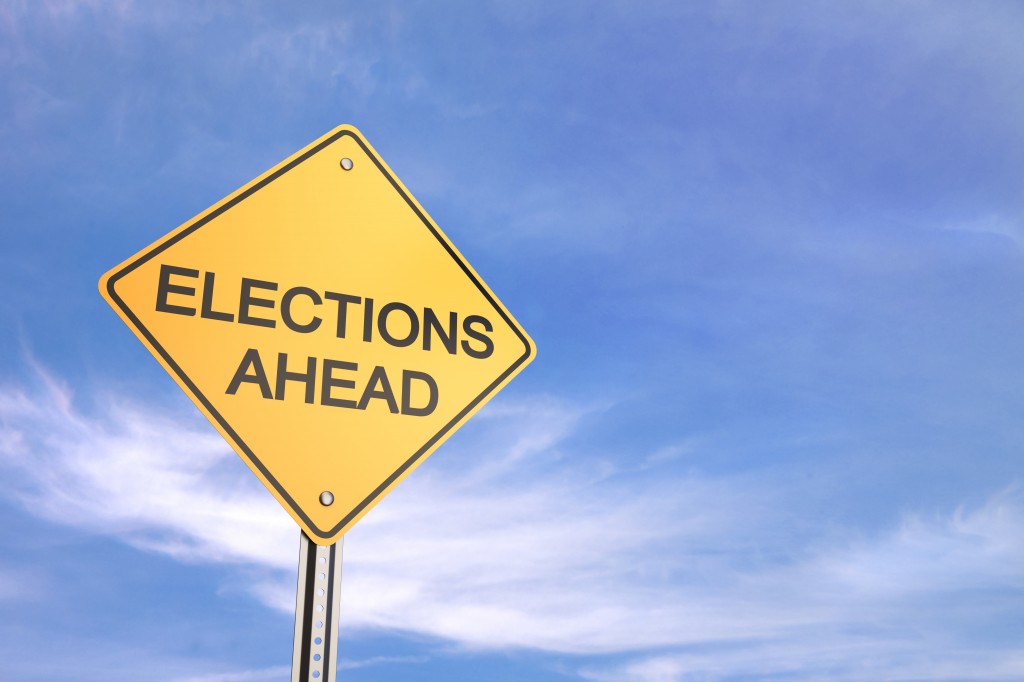
What’s Missing from the Presidential Campaigns: Religious Freedom as a Necessary Ingredient in Fighting Poverty and Creating Jobs
Chelsea Langston
March 3, 2016
In a recent CBS/New York Times poll, Americans were asked “What do you think is the most important problem facing this country today?”The economy/jobs, immigration, terrorism, crime and health care all made the list. Noticeably, religious freedom did not. When religious freedom is discussed by any of the presidential candidates, whether left or right, it is usually talked about separately from those issues that Americans identify as the most significant challenges we face today. How is the rhetoric of the presidential candidates simultaneously relegating religious freedom to the sidelines of public discourse and limiting its scope and application? And how is religious freedom, in fact, inextricably linked to the issues Americans identified as most important to them? We will explore these issues in the coming weeks. This week, we will look at the importance of religious freedom in promoting a strong economy, fighting poverty, and creating jobs.
Economy and Jobs
In the midst of a fraught presidential primary season, we don’t often hear candidates on either side discussing the nuances of how religious freedom for faith-based organizations serves as necessary precursor to any meaningful conversation on innovative solutions for poverty alleviation and job creation. What follows is a brief discussion of the religious freedom infrastructure that has allowed faith-based organizations to continue to be free to provide creative solutions to poverty.
There has been longstanding and bipartisan support for the fostering of government partnerships with faith-based and community organizations to develop community solutions to alleviate poverty, provide job training, and create opportunities for people to thrive. Dating back to the Clinton administration, the Charitable Choice provision added into several different laws by Congress, allowed the government to give religious organizations the opportunity to compete on an equal playing field with secular organizations for federal funds to provide social services.
In 2001 President George W. Bush used Charitable Choice as a precedent to create an initiative for an executive office dedicated to working with faith-based organizations to better serve Americans in need. Through an executive order, President Bush created the White House Office of Faith-based and Community Initiatives (OFBCI). In 2009, President Barack Obama chose to keep the faith-based initiative but renamed the White House Office of Faith-Based and Neighborhood Partnerships (OFBNP).
On a panel discussion at a symposium at Georgetown University in May 2015, President Obama urged religious communities and faith-based organizations to harness their “transformative power”in combatting poverty through innovative, community-based solutions, focusing on the obligation of faith groups to “speak out on this in a more forceful fashion.”In 2016, the Advisory Council for Faith-based and Neighborhood Partnerships is focusing on the role of government partnerships with civil society organizations to provide solutions to poverty.
As Melissa Rogers, head of the White House office, wrote in a recent blog post, economic betterment is a key area of focus for the administration, and faith-based organizations are significant contributors toward developing bi-partisan solutions: “The President also commended Speaker Ryan for his interest in tackling poverty and cited proposals like expanding tax cuts for low-income workers who don’t have children as one bipartisan way to move forward. Ideas like these were raised at a 2015 Georgetown University summit organized by Catholics and evangelicals, where President Obama and a diverse set of panelists came together to discuss the challenges of overcoming poverty. In the coming year, we will continue that conversation and the poverty-focused work of the President’s Advisory Council on Faith-based and Neighborhood Partnerships.”
In the coming weeks, we will be exploring the presidential candidates’ positions on the federal faith-based initiative more in-depth. What questions should we be asking of candidates for the presidency about the connection between poverty and religious freedom? Here are some suggestions:
- How do your policy solutions for poverty alleviation and jobs creation support the indispensable work being done by faith-based and community organizations?
- How would you maintain or change the current Office of Faith-based and Neighborhood Partnerships?
- Notably, how would your administration protect the capacity of faith-based organizations to partner with government without compromising their religious identities?
- How do your policies empower local houses of worship and faith groups to partner with the government in non-monetary ways to foster jobs training, hiring and retention?
- How do your policies support the business community, including small businesses and faith-shaped businesses, to create jobs?
